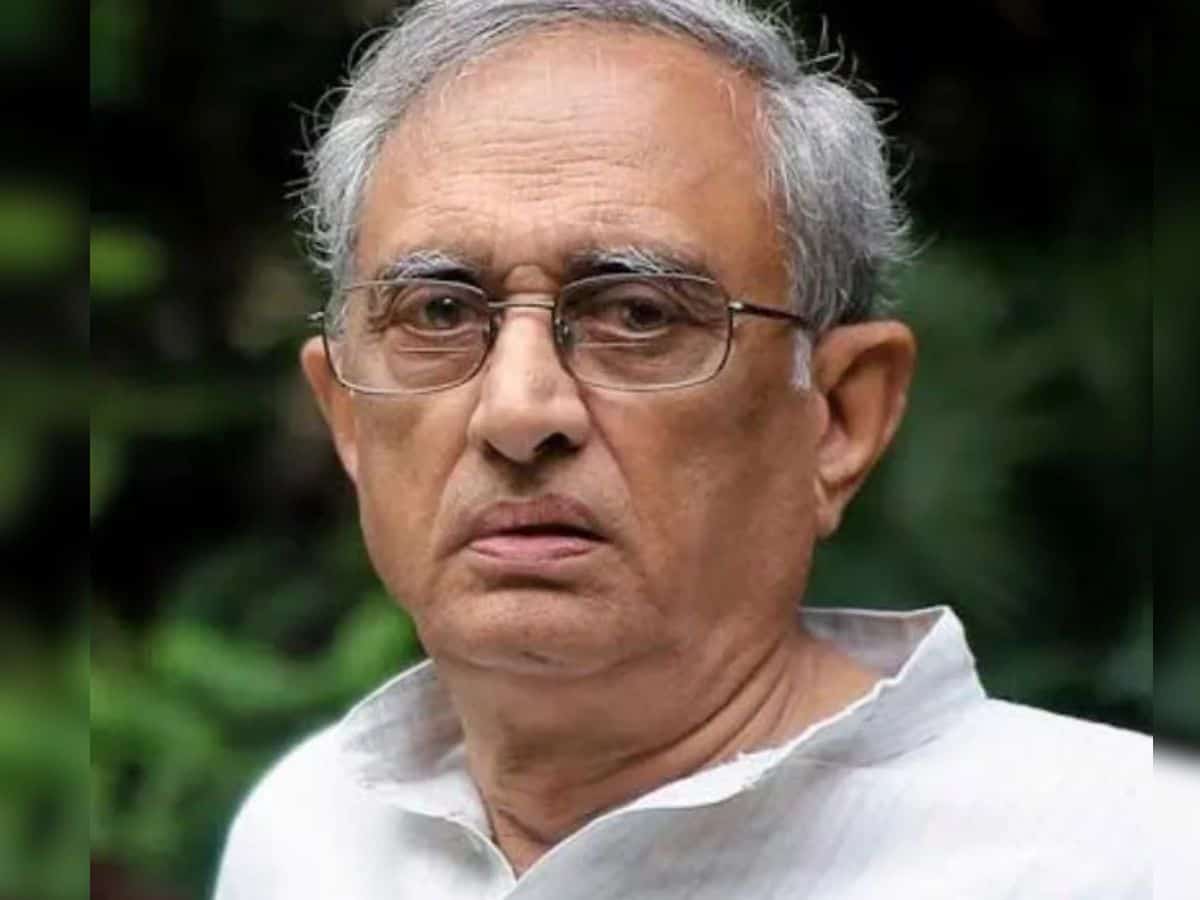
Former IAS officer EAS Sarma expressed regret after the Election Commission of India (ECI) did not respond to his letter, in which he noted that Prime Minister Narendra Modi had violated election campaign rules in his recent speech.
He asked the commission whether Modi was answerable to the commission or the public at large.
Citing Modi as reportedly saying that Hindus believe in Nari Shakti and Matru Shakti and that the INDIA bloc made statements about destroying shakti and that these were insults to Hinduism, Sarma wrote to ECI on Friday, March 22, to bring attention to his speech.
“In its rally in Mumbai’s Shivaji Park, the ‘INDI Alliance’ openly announced that it wants to destroy the shakti that the Hindu religion has faith in. Everyone in Tamil Nadu knows what shakti means in the Hindu religion,” Modi said during his speech.
“The people of the INDIA bloc repeatedly and deliberately insult the Hindu religion,” Modi said.
The IAS officer claimed that these statements violated the model code of conduct and urged the ECI to take action against the Prime Minister if the report was found to be true.
“Invoking the religion’s sentiments by a political leader during elections brazenly violates the model code of conduct… If what has been reported is factually correct, the commission should act on this urgently and initiate deterrent, exemplary proceedings against the person making such a statement,” Sarma wrote in his letter.
After not receiving any answer, Sarma asked on Monday, March 25, if the commission had chosen to act on his complaint and if it was “afraid to act independently” for any reason.
“Considering that each one of you is presently occupying the office of the commission as a result of selection predominantly made by the ruling political executive, does the commission as a collective body feel obligated not to cause any embarrassment to the head of the political executive?” he asked.
He urged the commission to address his questions publicly and hoped it would “dispel any perception” that it was unwilling to be apolitical or independent.

